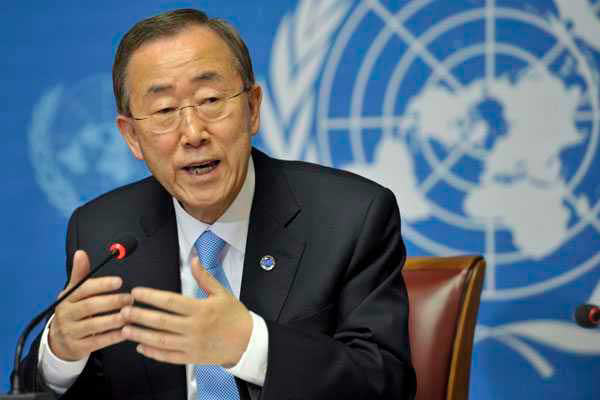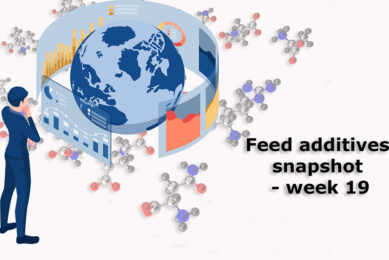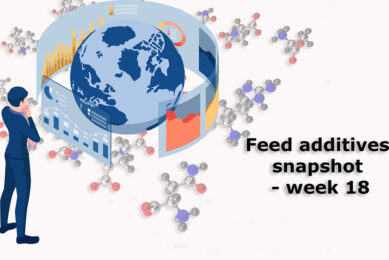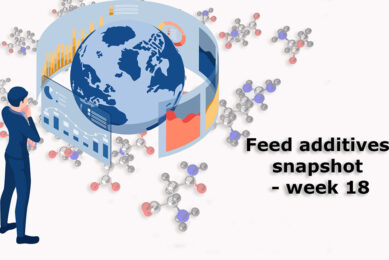United Nations calls for global action on drought

United Nations Secretary-General Ban Ki-moon has called for a collective global response to drought and a shift from crisis management to drought preparedness and resilience. He said the price for preparedness is minimal compared to the cost of disaster relief.
Secretary-General Ban said droughts can be mitigated and called for the full implementation of the outcomes of the High-level Meeting on National Drought Policy in Geneva in March. He also called for implementation of last year’s agreement at the Rio + 20 Conference on sustainable development to avoid and offset land degradation.
Secretary-General Ban made his call in worldwide observance of the World Day to Combat Desertification on Monday, 17 June.
The statement comes as the effects of drought bite again. The wildfires raging in the United States follow last year’s drought, the most extensive in the country since the 1950s. Last month, Namibia declared a national drought emergency as 14% of the population became food insecure.
Last week, Robert Piper, UN Regional Humanitarian Coordinator for the Sahel, appealed for urgent help to deal with the ongoing food and nutritional crisis that has broken out again in the Sahel region of West Africa. Currently, over 11.4 million people are facing food insecurity.
Ban’s call was echoed by Luc Gnacadja, Executive Secretary of the United Nations Convention to Combat Desertification, the treaty designated to lead global efforts to mitigate drought and combat desertification and land degradation.
“For over three decades, the international community has grappled with drought impacts and their mitigation. But relief still dominates. In most cases, the response is too late. To date, only one country in the world has a comprehensive national drought policy,” Gnacadja said.
“Investing in our resilience today costs a fraction of the relief price we will pay tomorrow, and its benefits are worth far more. Becoming a drought-resilient global society is not only possible and affordable, it must be our first and only option,” he stressed.
Gnacadja referred to the achievements of the village of Batodi in Niger, where five million hectares of land were restored through agroforestry. As a result the water table rose by 14 meters. “The most affected communities are not standing by but are leading the way to drought resilience and water security,” Gnacadja said.
As part of the global celebrations, Gnacadja also announced the three winners of 2013 Land for Life Award, a global initiative with a prize fund of USD100,000. The award was established last year to recognize innovative and replicable community initiatives, which strengthen the resilience of vulnerable and affected populations.
“The winners exemplify the type of leadership that makes the difference at the grassroots level. Much of what they offer is simple, but transformational. They need to be supported by policies to attract investment to scale them up and roll them out,” he said.
Gnacadja also announced that the Drylands Champions initiative was set up under the Convention to rally support for individuals that are making a practical difference on the ground.
He said Eritrea, Hungary, Kenya, Portugal and Thailand have announced that they will designate their first ever Drylands Champions as part of the Day’s celebrations.
Celebrations are also planned in Burundi, Democratic Republic of Congo, Cote d’Ivoire, Georgia, Ghana, Iran, Mexico, Namibia, Senegal, South Africa, Timor Leste, Turkey and Ukraine. The global observance will be held on 17 June at the Conference on Land Degradation and Desertification taking place in Ghent, Belgium.










